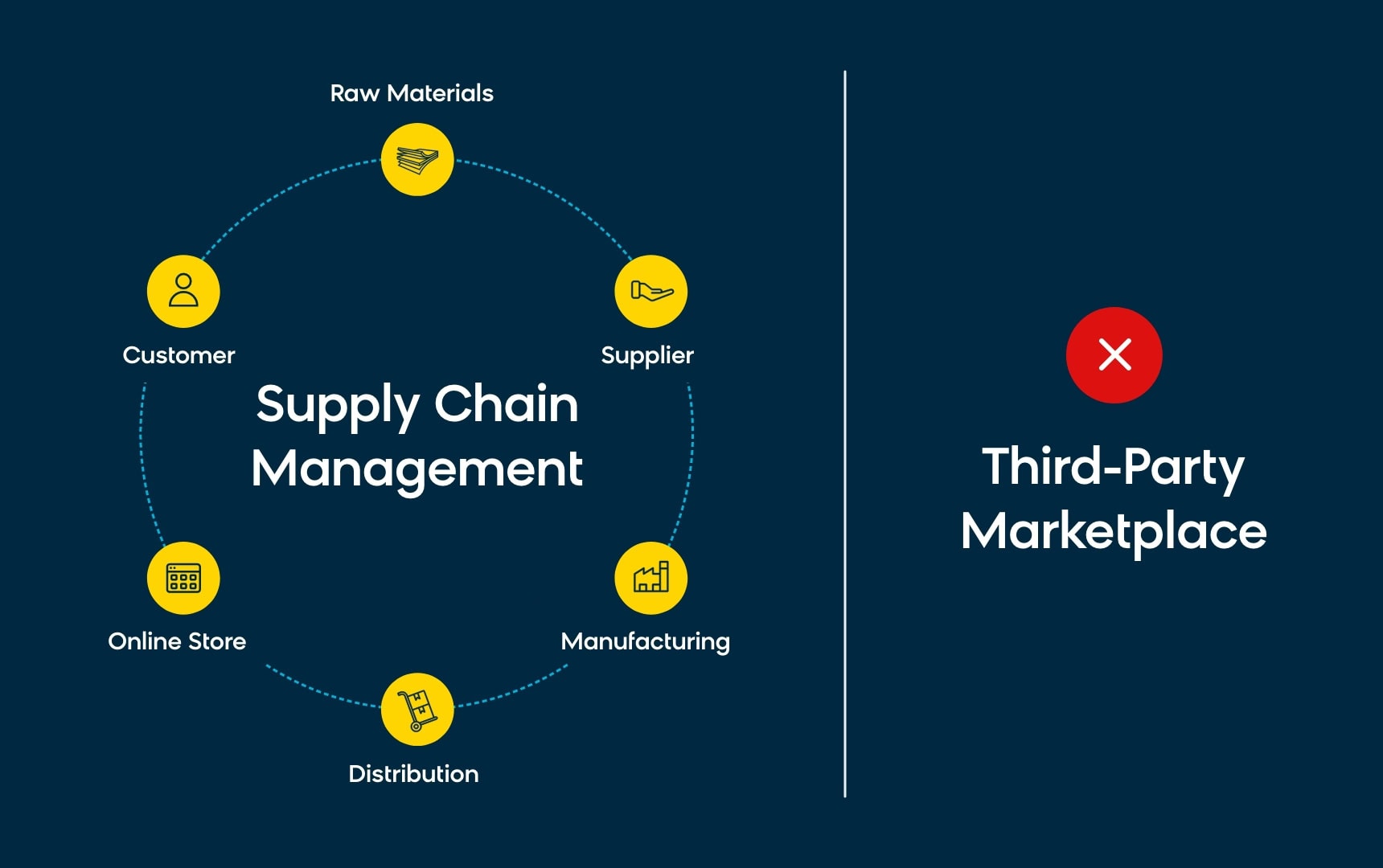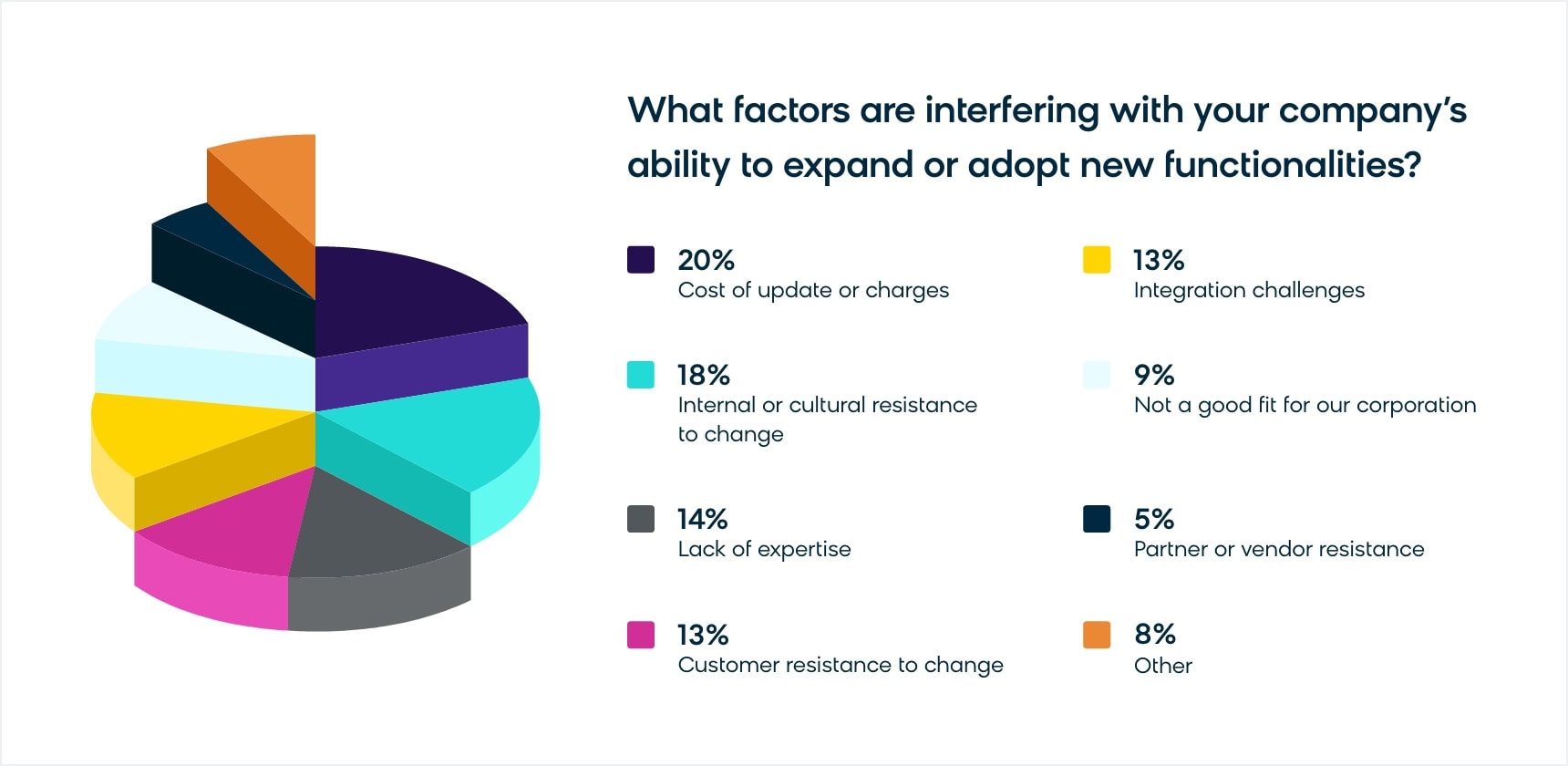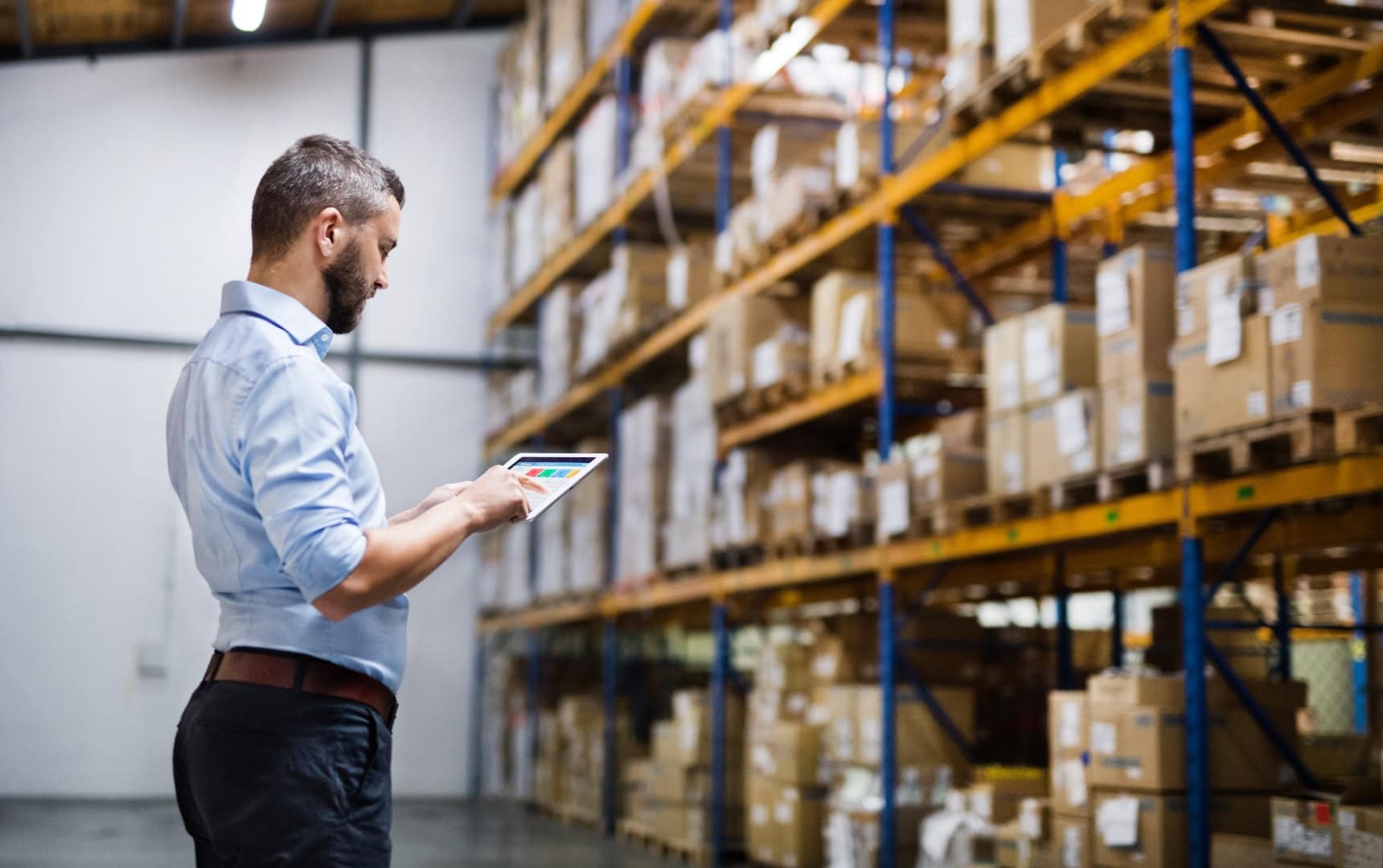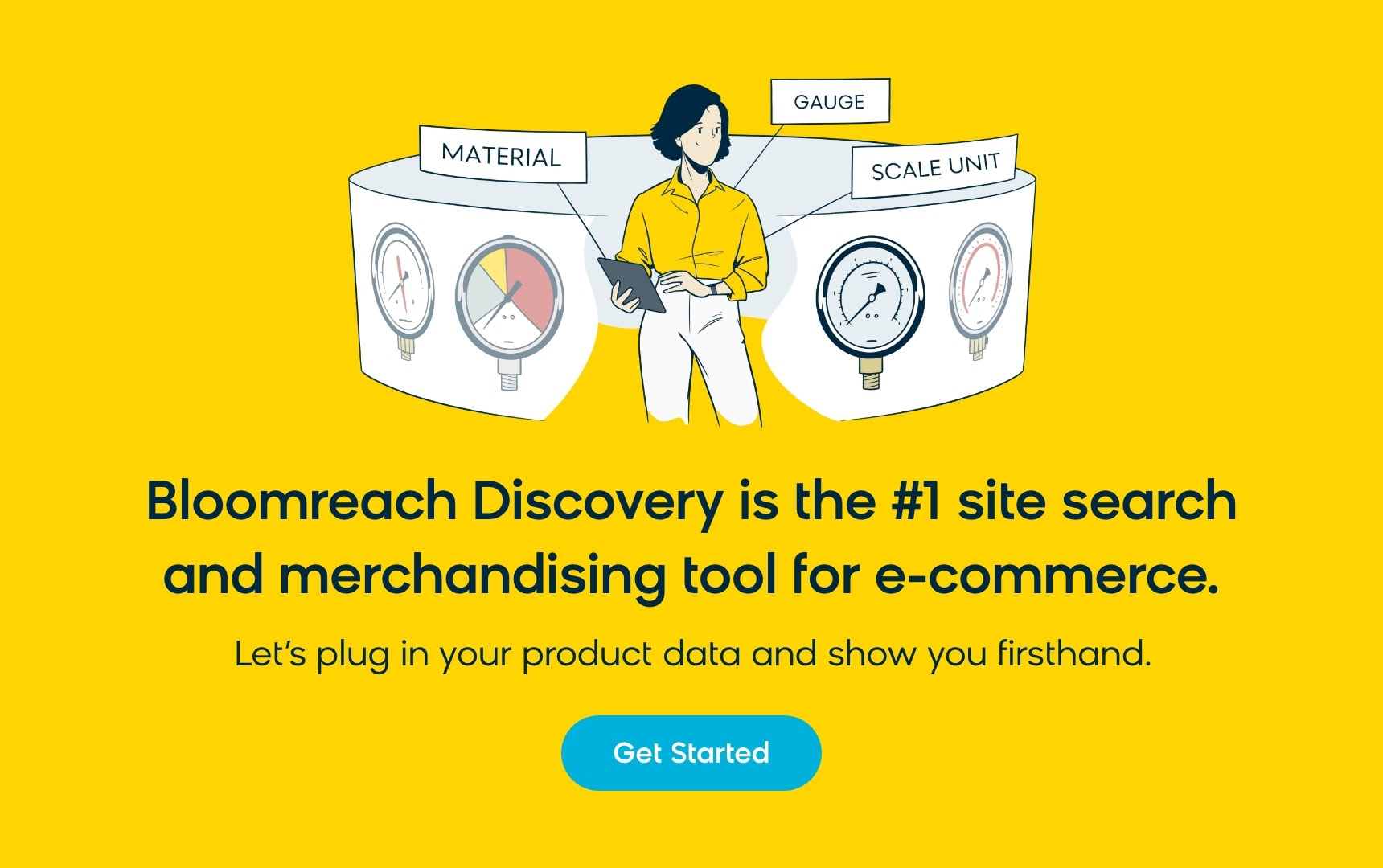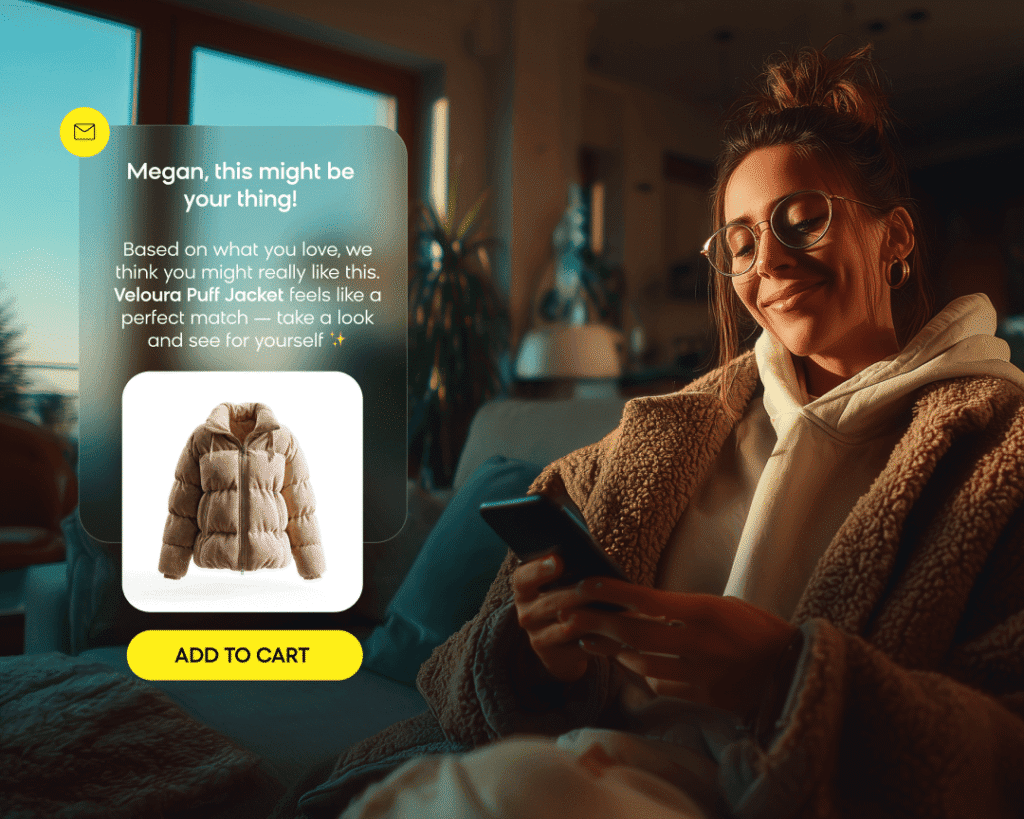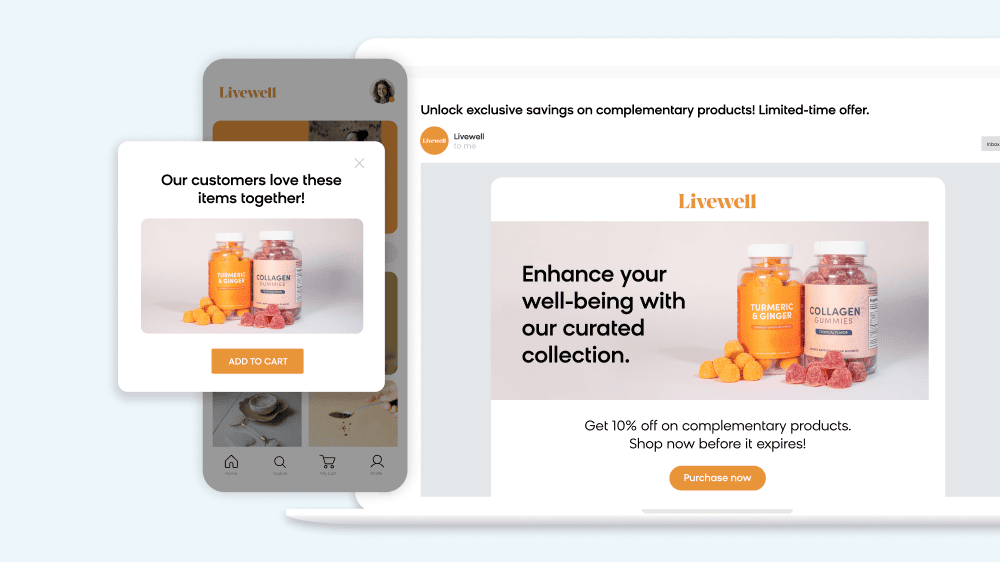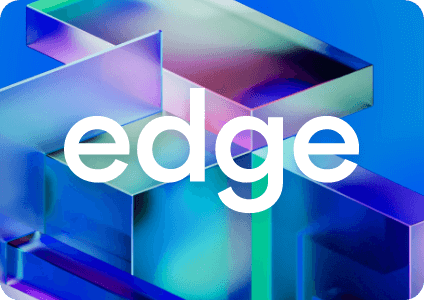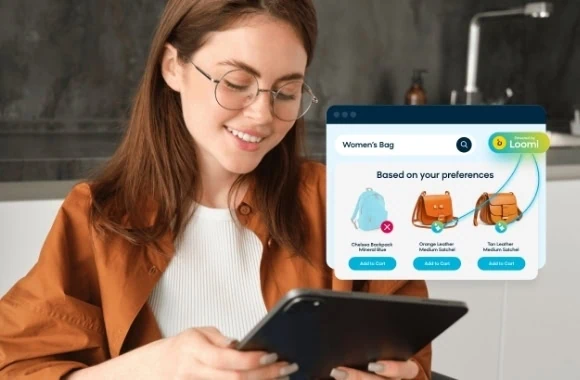When looking at the results of our survey report — “Are B2C Practices the Future of B2B Ecommerce?” — a lot of questions came to mind, with the most important being: How should distributors apply this data to their B2B ecommerce strategies moving forward? As many B2B distributors are realizing, it is no longer enough to just have a website.
In fact, an online store is the bare minimum — it’s literally the least you can do. True innovation in the form of good experiences is critical to winning brand trust and loyalty and encouraging customers to complete online transactions (again and again).
According to a Distribution Strategy Group survey, 88% of distributors’ customers reported buying from at least one B2B third-party marketplace, while 33% bought from five or more. Given these numbers, it’s clear that your customers are increasingly favoring the online ordering process — and you’re missing out on that revenue by not investing in digital commerce. Although third-party marketplaces are especially tough competitors for distribution companies because they’ll often outmatch your selection, inventory, and pricing, they aren’t completely infallible, and it’s time distributors stop playing into this idea or relying too heavily on their sales team to pick up the slack.
After all, many third-party marketplaces prioritize a massive selection and order entry — but at the expense of customer experiences (CX). With offerings so vast, these marketplaces often underestimate the importance of helping business customers find exactly what they need. Since they often have too many cooks in the kitchen, organizing and maintaining vital information concerning a product’s features and benefits is difficult. Then, it results in poor CX. But your business can take advantage of the shortcomings of many third-party B2B marketplaces.
The Future of B2B Commerce Looks a Lot More Digital
Rather than longing for the traditional ways of transacting business with a sales representative, distribution companies can activate their own digital channels to take the sales process to the next level. Since your company already owns all the customer data and product data needed to power discovery, you have everything you need to curate personalized experiences that differentiate your distribution business from the run-of-the-mill marketplace for both new customers and existing ones.
However, it might be difficult to get started without a little help from technology. Since the B2B market faces a unique challenge with product discovery due to its complicated offerings, diverse customers, and varied applications and use cases, it’s up to your business to take full ownership of your product data — ensuring that it’s clear, complete, correct, and consistent across all channels — and educational content to inform the buyer and propel them along their journey on your ecommerce website. In other words, you need to offer your customers the same experience they’d get with any one of your sales representatives.
Regardless, marketplaces add fuel to the competitive fire. Many distributors are starting to see that a digital strategy is no longer a nice-to-have approach — it’s necessary for your business’ prosperity and even its survival. Historically, the problem for the B2B market is seeing the value in these technologies and committing to them on a long-term basis.
Our data shows that 20% of respondents believe the cost of tech implementation discourages them from adopting new functionalities. 18% pinpoint cultural resistance to change, while 14% blame a lack of technical expertise at their company. But you shouldn’t let these preconceived pitfalls hold your business back from achieving your full potential. And trust me, they’ll allow other businesses to get ahead of yours if you don’t move forward and include digital in your business model.
Ultimately, it’s up to your company to decide whether you’re going to do something well or do something different. Doing something “well” speaks to the bare minimum we discussed earlier, and it makes you vulnerable to disruption by others who dare to do something “different.” By doing something different and digitally replicating those stellar in-person customer experiences on your distribution website, you’ll connect your online and offline efforts in an omnichannel strategy and create automated sales processes that meet customer expectations.
Your Ecommerce Website Needs To Orchestrate These 4 Steps
Going beyond your product offerings and showing your value can be done in several ways, including demonstrating knowledge of your products and providing top-notch customer service. In offering extra incentives to your buyers with a seamless experience, prospects and existing customers alike will feel increased confidence in your brand when shopping on your ecommerce site.
Let’s start with the customer journey. Orchestrate these four actionable steps on your website, and the rest should unfold organically:
- Intelligent Search (i.e., site search, not search engine optimization)
- Consideration
- Confirmation
- Conversion
By investing in digital and implementing the following suggestions along with a viable ecommerce platform, you’re establishing a cohesive online experience for your buyers. While the in-person experience with your most valued sales rep is just as important, it’s also crucial to the future of your B2B business to make sure all touchpoints (both online and offline) are connected throughout the entire purchase journey. Check out the first blog we wrote on this topic, or read our next in-depth installation of the four actionable steps.


